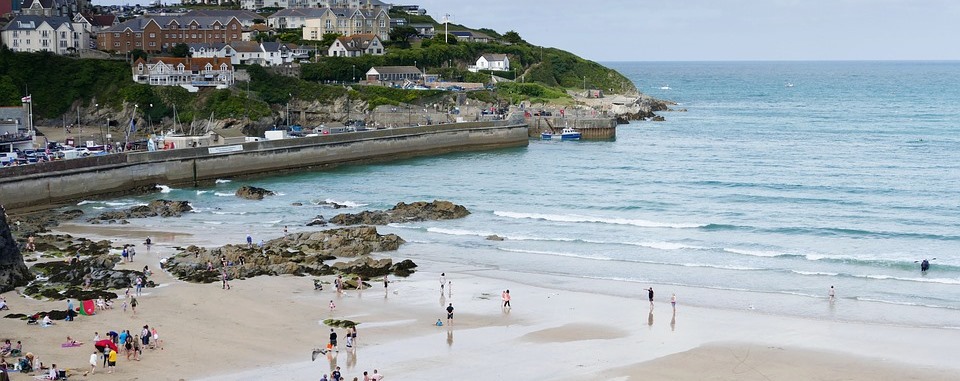â€Come clean’ call
Royal Mail announced yesterday (August 30) that it would be flogging off property part of its central London Mount Pleasant sorting office to private developers Taylor Wimpey to build luxury flats.
Planning permission was secured in 2015 to build more than 600 residential units, in addition to space for shops and offices.
The move prompted Unite to call on the company to â€come clean’ over the ÂŁ193m sale. The union has demanded that the Royal Mail give cast iron assurances that development from the sale will not affect the work already being done at Mount Pleasant and that all jobs will be guaranteed now and in the future.
â€Feather shareholders’ nests’
Unite also urged Royal Mail to pledge that cash received from the sale will be invested in the employees of the company and not, as Unite officer for the Royal Mail Brian Scott said, “simply used to further feather the nest of shareholders.”
The sale of the Mount Pleasant land is the latest from the Royal Mail, which has made ÂŁ400m from its central London land sales over the last few years, including the most recent sale, as well as its Paddington sorting office and another site in Battersea, South London.
Scott argued that Mount Pleasant is “a site that is vital to those that work there and must not be undervalued for a quick return.
Money from sale
“The money realised from this sale should be used to benefit those who make it – the employees,” he said. “It would be a disgrace if Royal Mail was to asset-strip its property portfolio simply to put the benefits into the pockets of investors.”
Despite the Royal Mail imposing changes to its workers’ pensions, slashing thousands of jobs since it was privatised in 2013 and shuttering dozens of branches, the company still pays out more than £200m in dividends to its shareholders each year.
Scott also criticised the lack of affordable housing that will be available on the new site after the Mount Pleasant sale.
“It is disappointing that less than a quarter of the homes planned to be built will be â€affordable units’,” he said. “This is land that came from a public sector organisation that was sold off cheaply by the previous government and which could have been used for the public good by providing many more homes that local people could afford.”
 Like
Like Follow
Follow


